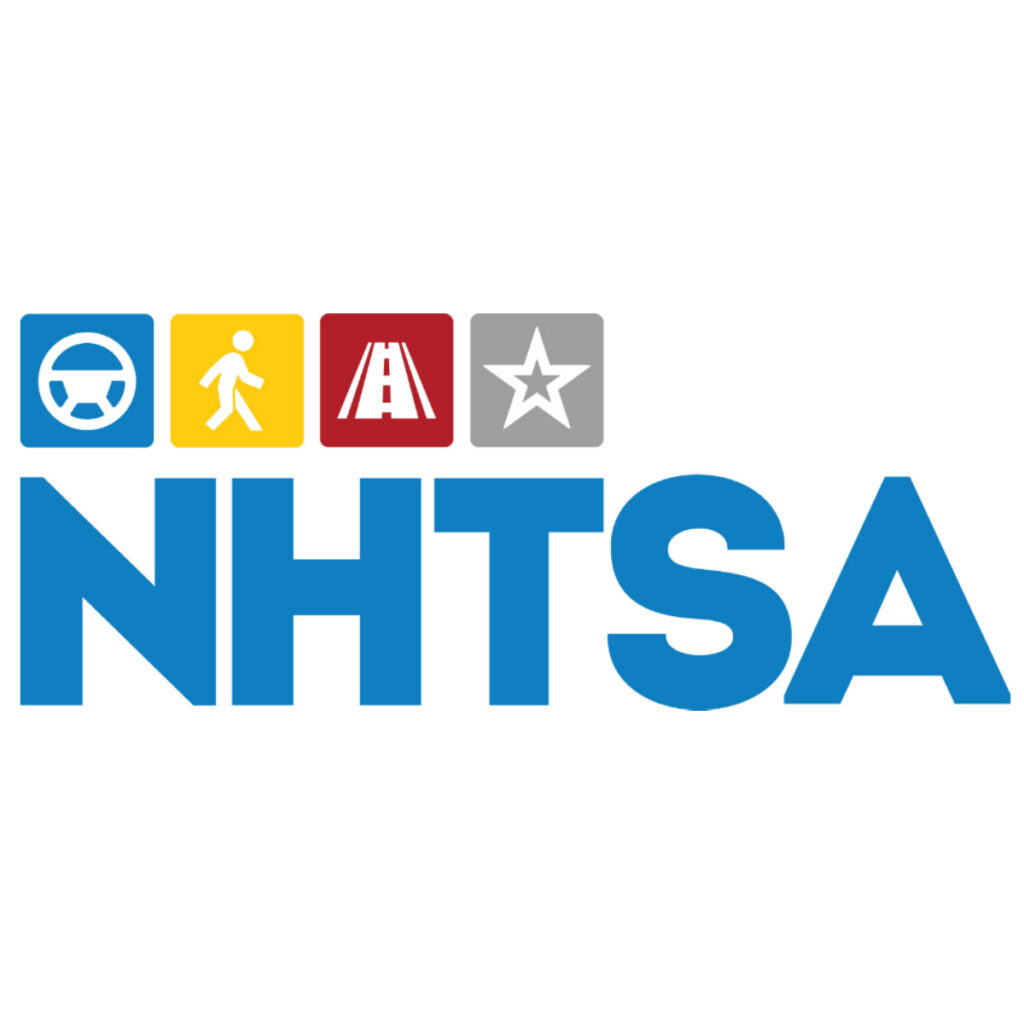Judicial Leadership in Multidisciplinary Parent and Child Representation(MDR)for Child Welfare Cases
Authenticating and Admitting Electronic Evidence
Judicial Oversight of MOUD Providers: Ensuring Quality Without Practicing Medicine
Guardianship and Probate Matters
Mindfulness for Judges
Civil Mediation
Spring Training for Judges: Decision-Making, Leadership, and Team Dynamics
Judicial Academy
Court Administration Academy for Judges and Court Staff
Judicial Renaissance Japan
Taking the Bench: An Interactive, Online Course for New Judges – Fall
Fundamentals of Evidence: Web-Based – Fall
Selected Criminal Evidence Issues: Web-Based JS 602
Artificial Intelligence (AI) for all Judges and Lawyers: A Comprehensive Course
Fundamentals of Evidence: Web-Based – Spring
Judicial Writing (JS 615)
Designing and Presenting: A Faculty Development Workshop
Best Practices in Handling Cases with Self-Represented Litigants
Enhancing Judicial Bench Skills (JS 624)
Scientific Evidence & Expert Testimony (JS 622)
Logic & Opinion Writing (JS 621)
Handling Small Claims Cases Effectively: Web-Based
Advanced Civil Mediation
Advanced Bench Skills: Procedural Fairness
Ethics TribalGeneral Jurisdiction (JS 610) – Spring
Judicial Executive Leadership by Harvard Law School Executive Education
Special Court Jurisdiction: Advanced (JS 611)
General Jurisdiction (JS 610) – Fall
Administrative Law: Fair Hearing (JS 612)
Judicial Writing (JS 615) – ONLINE
Advanced Tribal Bench Skills: Competence, Confidence and Control
Decision Making (JS 618)
Administrative LawEvidence Challenges for Administrative Law Judges: Web-Based
Administrative Law: Advanced (JS 649)
Special CourtsAdvanced Evidence (JS 617)
Civil Mediation: An Online 40-Hour Workshop
Appellate Online CourseEvidence Challenges for Administrative Law Judges: Web-Based – Fall
Ethics and Judging: Reaching Higher Ground (JS 601): Web-Based
Webinar Web Self-Study Free Tribal Online Self-Study Judicial Academy NewImpaired Driving 2024: What’s New?
Hon. Neil Edward Axel, Senior Judge, District Court of Maryland
